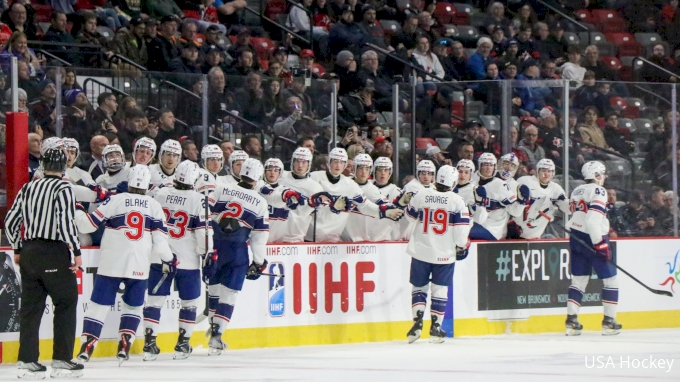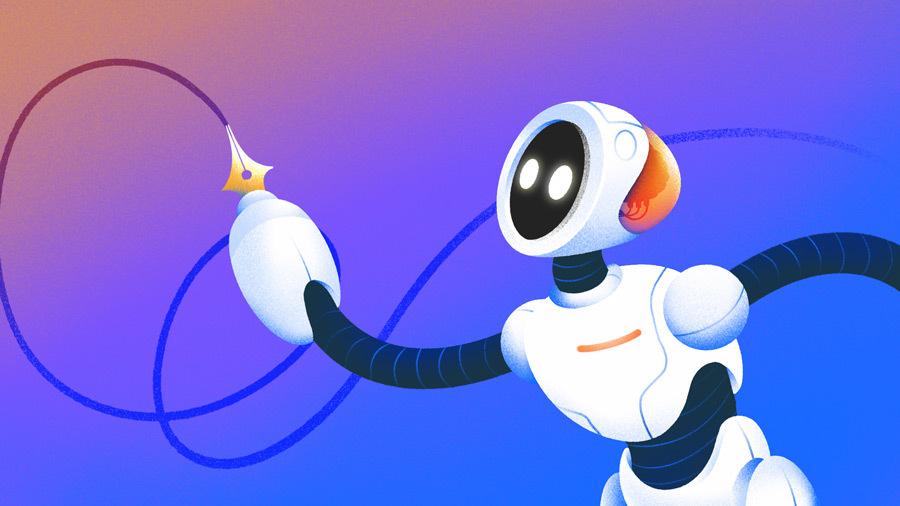Bussiness
Writing Is a Blood-and-Guts Business

The scrolls lay inside glass cases. On one, the writing was jagged; on others, swirling or steady. I was at the National Palace Museum in Taiwan, admiring centuries-old Chinese calligraphy that, the wall text told me, was meant to contain the life force—qi—of the calligrapher expressed through each brushstroke. Though I couldn’t read the language, I was moved to see the work of writers who lived hundreds of years ago, whose marks still seemed to say something about the creators long after they’d passed.
I’m using my fingers to type this now, but every letter is perfectly legible and well spaced. Today, the human body behind the written word is less apparent. When I’m composing an email, Gmail makes suggestions I can deploy in one click: “Awesome!” “Sounds great!” “Yes, I can do that.” Artificial intelligence can produce instantaneous sentences. That a person is responsible for text is no longer a given.
Last year, Alex Reisner reported in The Atlantic that more than 191,000 books had been absorbed into a data set called Books3, which was then used to train generative-AI large language models that may someday threaten to take the place of human writers. Among the books in question was my debut novel, Goodbye, Vitamin, which took me five years to complete. My new novel, Real Americans, took even longer: I began working on it in December 2016, and it’s being released at the end of April, seven years and four months later. Those numbers don’t even account for the years of reading, practice, and education (both formal and self-directed) that preceded the writing itself. Now ChatGPT and other LLMs, trained on a wide store of human-generated literature, stand on the cusp of writing novels in no time at all.
This seems, initially, discouraging. Here is an entity that can seemingly do what I do, but faster. At present, it “hallucinates” and gets basic facts wrong, but it may soon be able to generate text that can seamlessly imitate people. Unlike me, it won’t need sleep, or bathroom breaks, or patience, or life experience; it won’t get the flu. In fact, AI embodies hypotheticals I can just imagine for myself: If only I could write all day and night. If only I were smarter and more talented. If only I had endless knowledge. If only I could read whole libraries. What could I create if I had no needs? What might this development mean for writing?
Considering limitlessness has led me to believe that the impediments of human writers are what lead us to create meaningful art. And they are various: limits of our body, limits of our perspectives, limits of our skills. But the constraints of an artist’s process are, in the language of software, a feature, not a bug.
Writing is a blood-and-guts business, literally as well as figuratively. As I type with my hands, my lungs oxygenate the blood that my heart pumps; my brain sends and receives signals. Each of these functions results in the words on this page. In the Middle Ages, monks in the scriptoria wrote: “Two fingers hold the pen, but the whole body toils.” Typing this now, my upper back hurts. I am governed by pesky physical needs: I have to drink water and eat; my mind can’t focus indefinitely. My hands are too cold, and because I haven’t moved it, one foot is going numb. On other occasions, illnesses or injuries have affected my ability to write.
The sensitivities of our fragile human bodies require that our labor takes time. Nothing is more discouraging when I am trying to complete a draft. But this exchange—my finite hours for this creative endeavor—imports meaning: It benefits the work, and makes it richer. Over weeks, months, and years, characters emerge and plots take surprising turns. A thought can be considered day after day and deepened.
While revising my forthcoming book, one of my thighs erupted into a mysterious rash. Sparing gruesome details, let’s just say it disturbed and distracted me. But it also led me to a realization: I’d been approaching the creation of my novel as though it could be perfectible. In reducing my entire self to my cognition alone, akin to a computer, I’d forgotten the truth that I am inseparable from my imperfect body, with its afflictions and ailments. My books emerge from this body.
In his book How to Write One Song, the musician Jeff Tweedy writes: “I aspire to make trees instead of tables.” He was talking about songs, but the concept was revelatory to me as a novelist. Unlike a table, the point of a novel isn’t to be useful or stable or uniform. Instead, it is as singular and particular as its creator, shaped by numerous forces and conditions. In spite of its limits and because of them, a tree is an exuberant organic expression. Though costumed in typeset words, a novel is an exuberant organic expression too.
AI is creating tables out of our trees. Its infinite iterations are pure veneer: bloodless and gutless, serviceable furniture made of the deforested expanse of human experience. A large language model doesn’t require experience, because it has consumed ours. It appears limitless in its perspective because it writes from an extensive data set of our own. Though writing comes out of these experiences and perspectives, it does not follow that unlimited quantities of each beget maximally substantial work. I believe that the opposite is true.
Compared with AI, we might seem like pitiful creatures. Our lives will end; our memory is faulty; we can’t absorb 191,000 books; our frames of reference are circumscribed. One day, I will die. I foreclose on certain opportunities by pursuing others. Typing this now means I cannot fold my laundry or have lunch with a friend. Yet I believe writing is worth doing, and this sacrifice of time makes it consequential. When we write, we are picking and choosing—consciously or otherwise—what is most substantial to us. Behind human writing is a human being calling for attention and saying, Here is what is important to me. I’m able to move through only my one life, from my narrow point of view; this outlook creates and yet constrains my work. Good writing is born of mortality: the limits of our body and perspectives—the limits of our very lives.
I can imagine a future in which ChatGPT works more convincingly than it does now. Would I exchange the hours that I spent working on each of my two books for finished documents spat out by ChatGPT? That would have saved me years of attempts and failures. But all of that frustration, difficult as it was in the moment, changed me. It wasn’t a job I clocked in and out of, contained within a tidy sum of hours. I carried the story with me while I showered, drove—even dreamed. My mind was changed by the writing, and the writing changed by my mind.
Working on a novel, I strain against my limits as a bounded, single body by imagining characters outside of myself. I test the limits of my skill when I wonder, Can I pull this off? And though it feels grandiose to say, writing is an attempt to use my short supply of hours to create a work that outlasts me. These exertions in the face of my constraints strike me as moving, and worthy, and beautiful.
Writing itself is a technology, and it will shift with the introduction of new tools, as it always has. I’m not worried that AI novelists will replace human novelists. But I am afraid that we’ll lose sight of what makes human writing worthwhile: its efforts, its inquiries, its bids for connection—all bounded and shaped by its imperfections—and its attempts to say, This is what it’s like for me. Is it like this for you? If we forget what makes our human work valuable, we might forget what makes our human lives valuable too. Novels are one of the best means we have for really seeing one another, because behind each effort is a mortal person, expressing and transmuting their realities to the best of their ability. Reading and writing are vital means by which we bridge our separate consciousnesses. In understanding these limits, we can understand one another’s lives. At least, we can try.









